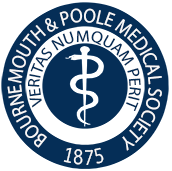A brief history of the society
In the 1870’s because, of its early reputation for sea bathing, Bournemouth was becoming known as a health resort for sick people. Visitors came to take advantage of its mild climate, clean air and sheltered walks. Then the population was just over 10,000 attracting not only the disabled but the landed gentry, artists, writers and many doctors. Doctors hoping to earn an honest penny treating the sick and some becoming involved in municipal affairs.
Bournemouth in the 1870’s was not yet an independent municipal borough but was managed by 13 Bournemouth Improvement Commissioners who were appointed to manage the things involved in running an expanding town, eg paving, sewers, drainage, street lighting and cleaning. The Sanitary Committee was responsible for basic public health affairs and it was to the local medical profession that the Committee looked for advice on health.
It was around this time the Bournemouth Medical Society (later to become the Bournemouth and Poole Medical and Society) was founded. Unfortunately, our archives have been mislaid by the Bournemouth and Poole hospital postgraduate library service and are not available at the moment. However, the Presidents Chain of Office stated it was founded in 1875. This is borne out by research into old newspapers and medical periodicals.
The oldest reference of it is from the Hampshire Advertiser 18th December 1875 which under the heading “Sanitary Matters” states:
‘At a meeting of the Improvement Commissioners on Tuesday the Chairman read the following communication:-
Gentlemen at a meeting of the Bournemouth Medical Society on the 23rd ult., it was unanimously resolved that the following recommendations should be made to your Board.
- That more supervision should be exercised over the numerous buildings in course of erection, in order that the excellent building bye-laws of the Local Government Act may be strictly enforced. To do this we feel assured that an officer should be employed to regularly inspect and report to the Surveyor any breach of observance.
- That the 70 acres of land situated between the present eastern boundary and Boscombe Chine should be annexed to Bournemouth.
- That earnest endeavours should be made to obtain a constant supply of water.
- That when business of a sanitary characteristic is likely to come before the Board, notice should be given to the Medical Officer of Health, in order that he might attend, and if required explain upon any subject coming within his special province.
Believing our recommendations will receive the consideration that matters so important deserve, we remain, &c.-
(Signed) Wm Stewart Falls (President); T.A. Compton; Philip W.G. Nunn; William Vicary Snow; William Allis Smith; Henry Salt; Wm. H. Blenkinsop; A.E.B. Love; J.G. Douglas; H. Gunton Turner; John Fraser Hussey; J. Roberts Thompson; J. Gregory White; Geo. M. Hirons (Hon Secretary)
The signatures indicate the first President and Secretary of the Society together with most of the founding members. The society arose because the BMA was hoping to get the doctors to form themselves into a District of the Southern Branch of the BMA. The local doctor’s independent sprit would have nothing to do with this, and in the BMJ 6th March 1875 it notes:
It was stated that the medical men of Bournemouth had formed a local society of their own,
and that very few of them would join the Association and Branch; so that any union with them would be impossible, at any rate for the present. There was a general feeling of regret that members of the profession at Bournemouth should hold themselves aloof.
In spite of the rap on the knuckles by the BMA the Bournemouth Medical Society went from strength to strength. In the Bournemouth Echo 15th Feb. 1901 it was recorded that;
The members of the Society have recently acquired rooms in the Shaftesbury Hall Chambers 74 Old Christchurch Road (the area now occupied by the Burlington Arcade) for their library and to hold their meetings. The Committee have incurred considerable expense in the ventilating and heating arrangements of the rooms, installing electric light and providing necessary fittings and furniture. Nearly all the medical men practicing in Bournemouth and its neighbourhood are members. The library contains a large number of medical and surgical works of reference besides weekly and monthly periodicals. The members held their first monthly meeting in their rooms on Wednesday when there was a large attendance.
The Society was in essence, with its library and meeting rooms providing postgraduate education. Inviting many eminent medical speakers to lecture on their research and results and modes of treatment. The Bournemouth Medical Society itself had Presidents who treated royalty and who held many influential medico-political positions in the country. It has also had a member who became world-renowned as the Wimbledon poisoner and others of dubious reputation. Nevertheless, it continued over the years as a postgraduate/social medical organisation.
At some point in time, dentists were included in the membership and the name changed to include Poole to become the Bournemouth and Poole Medical Society.
Where meetings were held and their content over the years are hard to come by without our archives but after the formation of the NHS meetings were held in the in the Board Room of the Royal Victoria Hospital Boscombe and many of the books and periodicals kept in the hospital.
Postgraduate medical education became formalised into the NHS and in the 1960’s and a Postgraduate Medical Centre was built in the Royal Victoria Hospital in Boscombe. The Bournemouth Medical Society raised funds for the building and equipping the centre with its lecture room, library and offices. Not only that they were responsible for equipping the bar and paying the barman! The existing periodicals and books of the Society were donated to the library. In return, the Royal Victoria Hospital provided administrative support to the Postgraduate Centre.
Over the years the links between the Medical Society and postgraduate education became less and less so the role of the Society changed to become primarily a social/dining club for the medical and dental professions and their partners. It now provides a valuable role for retired members to keep in contact. Having said that we welcome hard-working professionals.
If anyone has any information about the history of our Society no matter how trivial please contact us.
President
Dr Nicholas Panton
MBBS MRCS LRCP FRCGP DObst.RCOG DA
Alumnus of Westminster Medical School
Former Occupations:
Principal in General Practice
GP Course Organiser Dorset
GP Clinical Tutor Poole
Interests include:
Family Life with Suzie
Skiing (former SCGB Ski Rep/Leader)
Golf
Theatre (Am Dram back in the day)
Poetry (mainly Dead Poets)
Coarse Gardening
Walking (especially with daughter’s Working Cocker Spaniels)
.
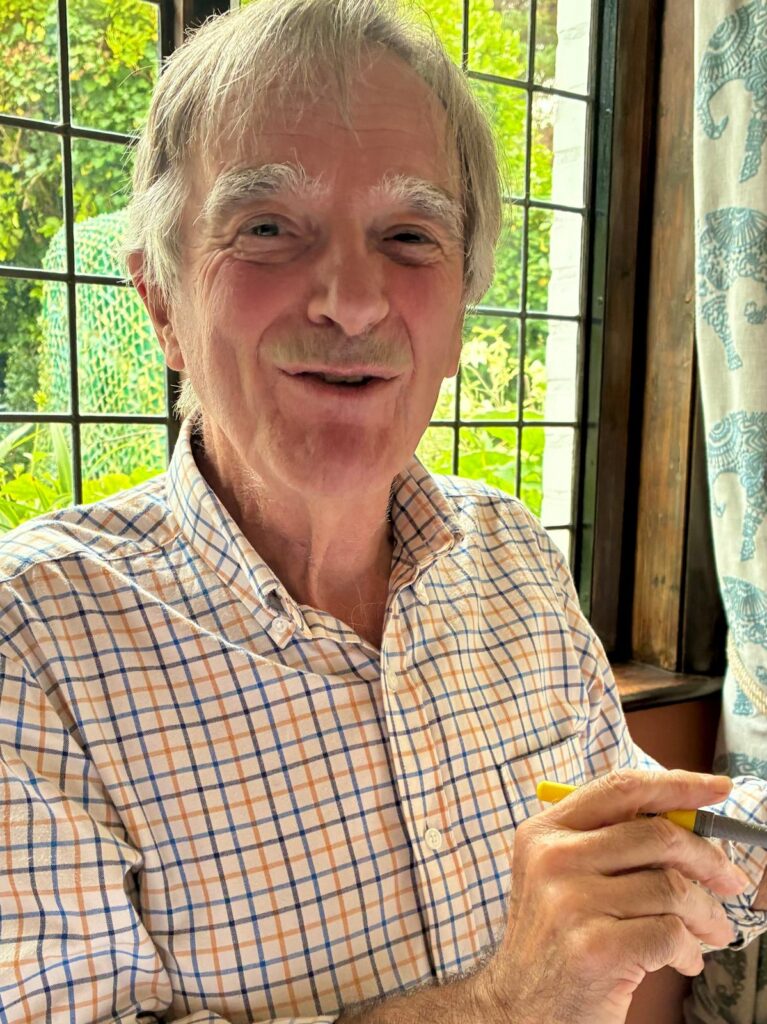
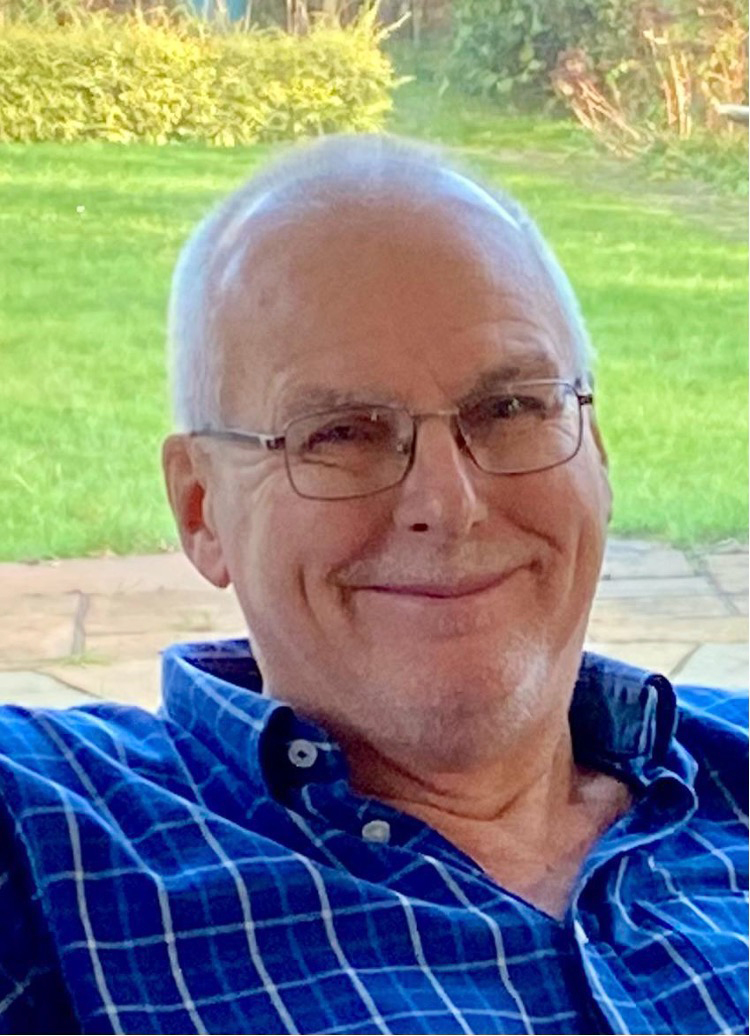
Secretary
Dr Andrew Barraclough
MB.BS MRCGP DRCOG
Alumnus of Guy’s Hospital 1981
Bournemouth GP from 1986 until 2017 Now enjoying retirement including my current role as Secretary to the Medical Society
Treasurer
Dr Carol Linnard
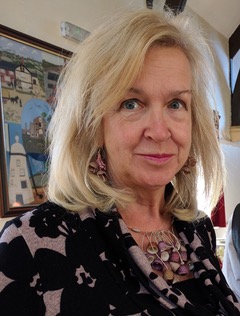
Presidents of the Bournemouth and Poole Medical Society
Outstanding Contributions to Medical Education
Charitable Initiatives Impacting the Community
Distinguished Speakers Series
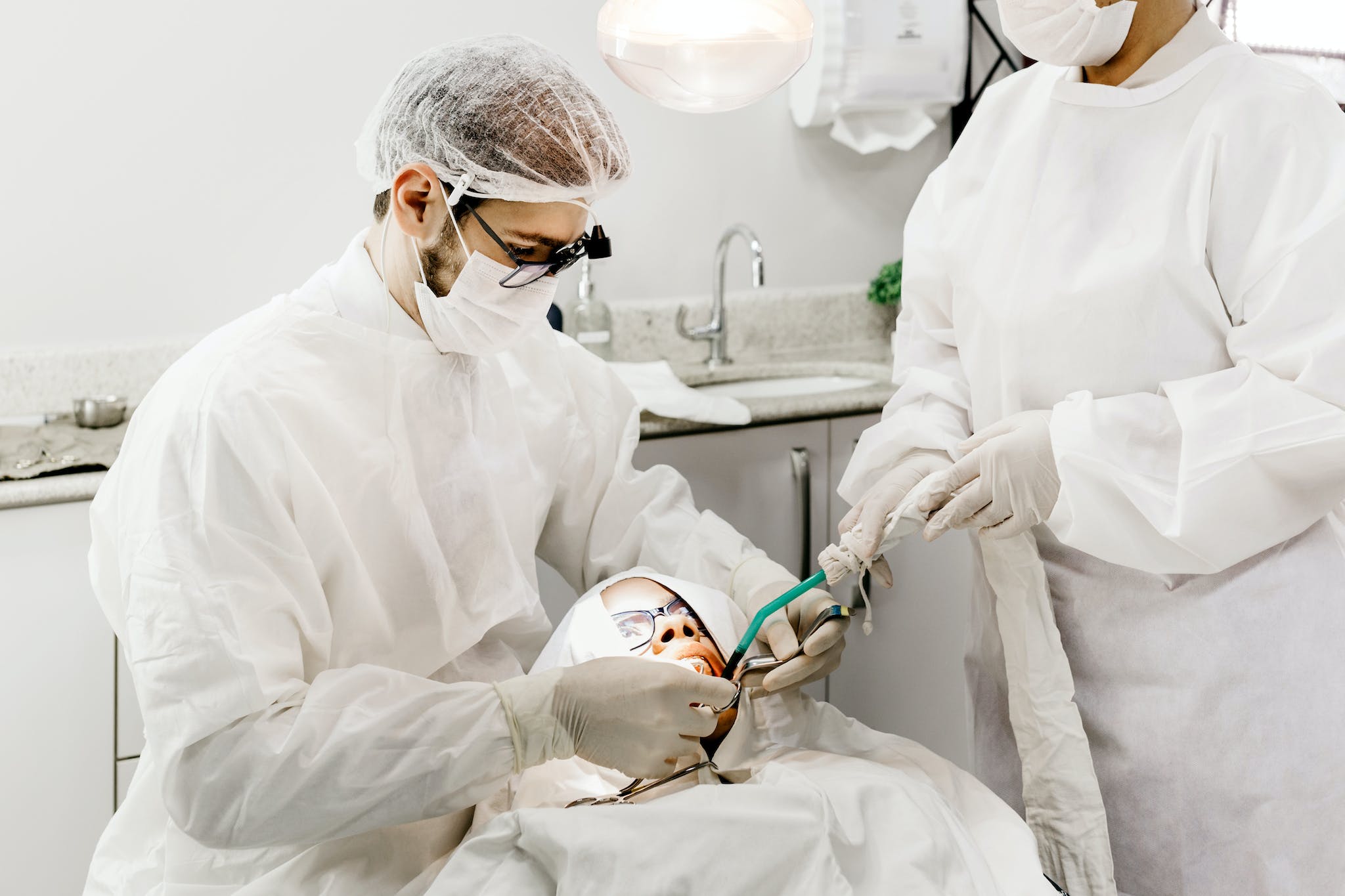
Charitable Services for Medical and Dental Professionals
Events
Providing events to raise money for charitable causes
Education
Providing interesting and engaging speakers at Events
Community Development
Engaging in projects and initiatives to uplift local neighbourhoods and residents.
